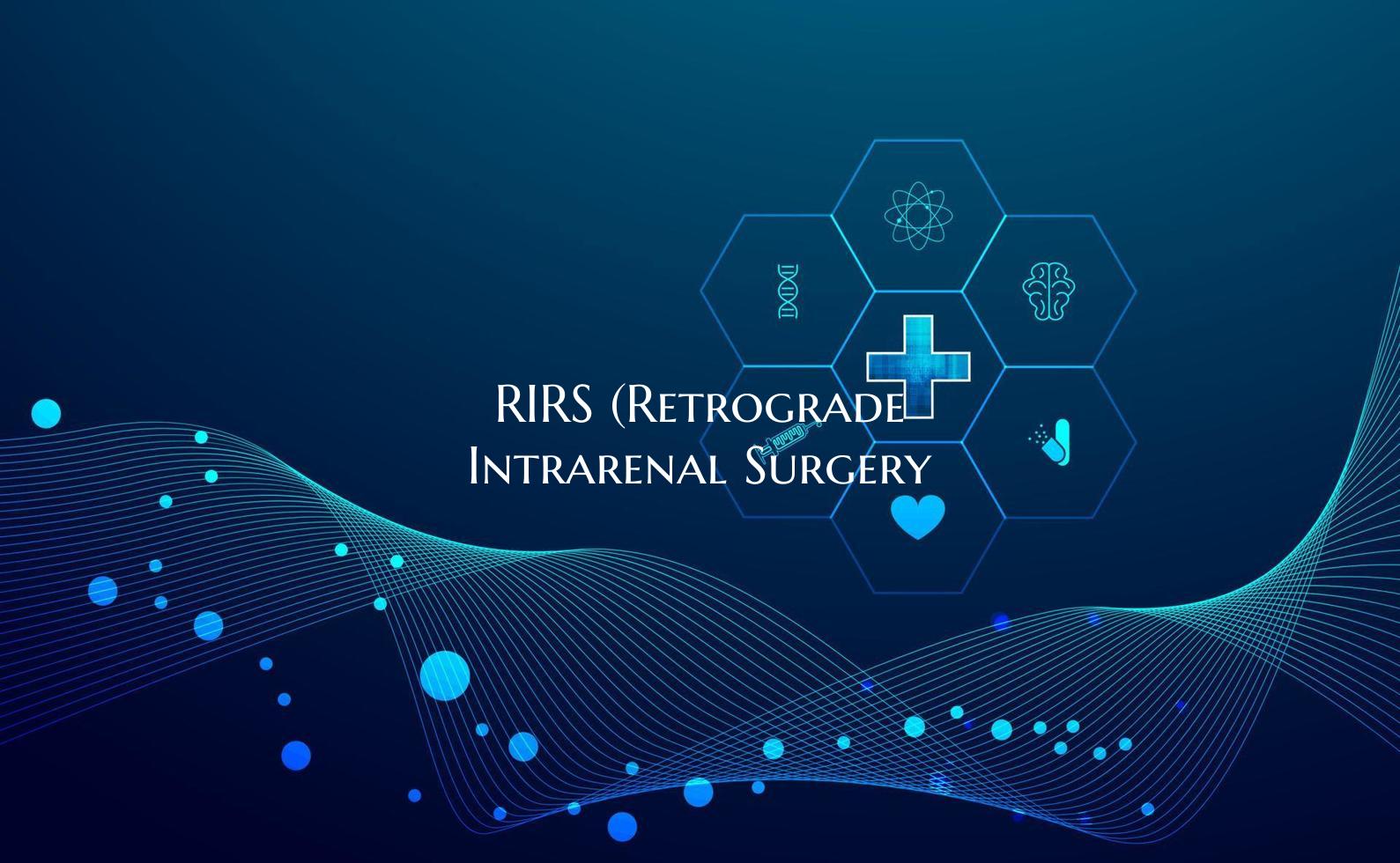
RIRS (Retrograde Intrarenal Surgery
Retrograde Intrarenal Surgery (RIRS) is a minimally invasive surgical procedure that is used to treat various kidney disorders and conditions. This advanced technique involves the use of a flexible ureteroscope to access the inside of the kidney through the urinary tract, without the need for any external incisions. RIRS has become a preferred treatment option for kidney stones, tumors, and other kidney-related issues due to its effectiveness and reduced risks compared to traditional open surgery.
One of the primary benefits of RIRS is its minimally invasive nature, which leads to faster recovery times and less post-operative pain for patients. The procedure is typically performed under general anesthesia and involves the insertion of a thin, flexible ureteroscope through the urethra and into the bladder, then through the ureter and up into the kidney. This allows the surgeon to visualize the inside of the kidney and precisely target and remove stones or tumors.
RIRS is particularly effective for treating kidney stones that are located in the renal pelvis or calyces, which can be challenging to reach with other treatment methods. The procedure is also beneficial for patients who may not be suitable candidates for other forms of surgery due to various health conditions or anatomical factors.
During RIRS, specialized instruments such as laser fibers, graspers, and baskets are used to break up and extract kidney stones or to remove tumors and other abnormalities. The use of laser technology allows for precise and efficient stone fragmentation, reducing the risk of damage to surrounding tissues and promoting a successful outcome.
After the procedure, patients may experience some temporary discomfort, such as mild urinary symptoms or blood in the urine. However, most individuals are able to resume their normal activities within a few days to a week, depending on the complexity of the case.
In conclusion, RIRS is a safe and effective minimally invasive surgical technique that offers numerous benefits for patients with kidney disorders. Its precision, low complication rates, and rapid recovery times make it an attractive treatment option for those in need of kidney stone removal or other kidney-related procedures. If you are considering RIRS as a treatment option, be sure to consult with a qualified urologist to discuss your specific condition and determine the best course of action for your health.